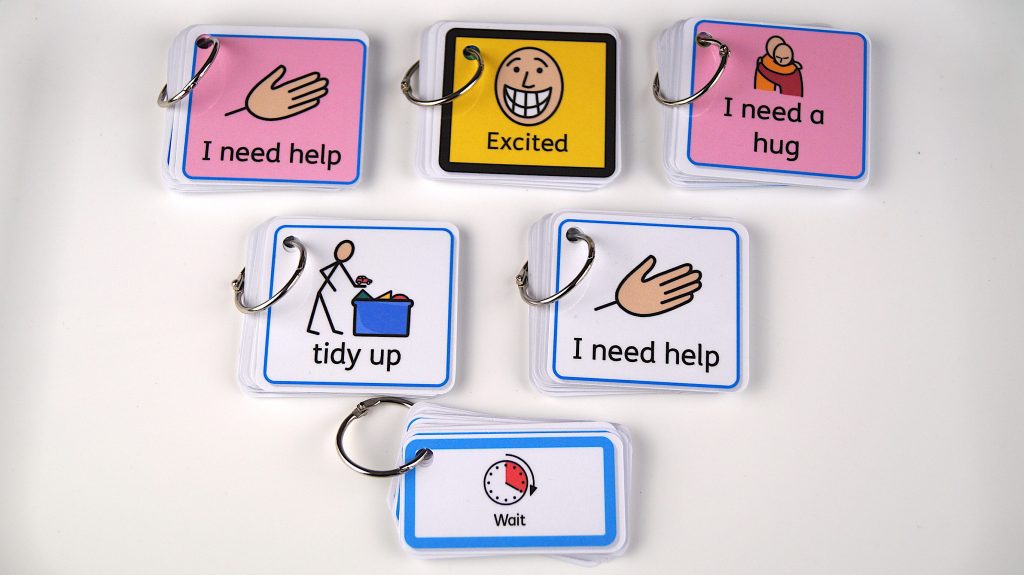What is a speech and language delay?

What is a speech and language delay?
In the most simple terms, a speech and language delay occurs when a child isn’t developing speech and language at an expected rate. It is a common developmental problem that affects as many as 10% of preschool children.
Language delay may affect what the child can say (expressive language), and/or what the child can understand (receptive language) and may be accompanied by other speech, language and communication needs (SLCN), for example, unclear speech which is referred to as phonological delay.
These delays can be frustrating for parents and children. A child who can’t express his or her thoughts and emotions is more likely to act out. They anger easily. They may use unexpected behavior to get your attention. Try to remember that your child does want to communicate with you. Read to your child and talk as much as you can. Encourage your child to speak. When he or she tries to speak, praise their efforts.
What do I do about a suspected speech and language delay ?
Some children just take more time to start talking so don’t panic. The best thing is to speak to your doctor about your concerns and go from there. Across the UK, there are many specialists who have years of experience dealing with all kinds of delays. The good news is most concerns can be dealt with by visiting your doctor. Should you need to be referred, the process is pretty simple and usually starts with a hearing test. Remember, early intervention is always the key to development delays.

SeeThenLearn SEN resources
We have a range of early intervention SEN resources designed to help improve two-way communication and encourage early year learning. You can browse our product range online to find a suitable resource.


